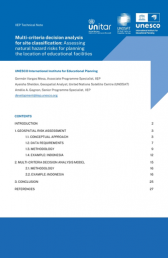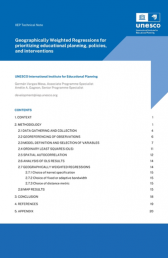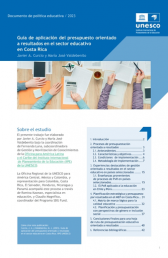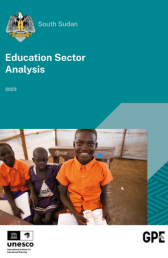
About the publication
Rural development is a far more complex, long term proposition than has been generally admitted, for it involves a fundamental transformation across social, political, and economic lines. While the learning needs of rural populations vary considerably, educational planning for all rural areas should incorporate the concept of learning as a lifelong process, and the collective potential of existing formal, informal, and nonformal educational modes should be thoroughly explored. Possible means of affecting change via careful educational planning might include: (1) reorientation and transformation of the schools (2) building educational components into local development projects (3) strengthening indigenous learning systems to do a broader and better job (4) tying related educational programs together, and (5) tapping unused resources. These suggestions imply that educational planning must: involve all voluntary and official organizations become more and more decentralized- be melted with development planning, pay much closer attention to the sociological, cultural, political, and organizational aspects of education: include training for non-professional planners (from ERIC database).









